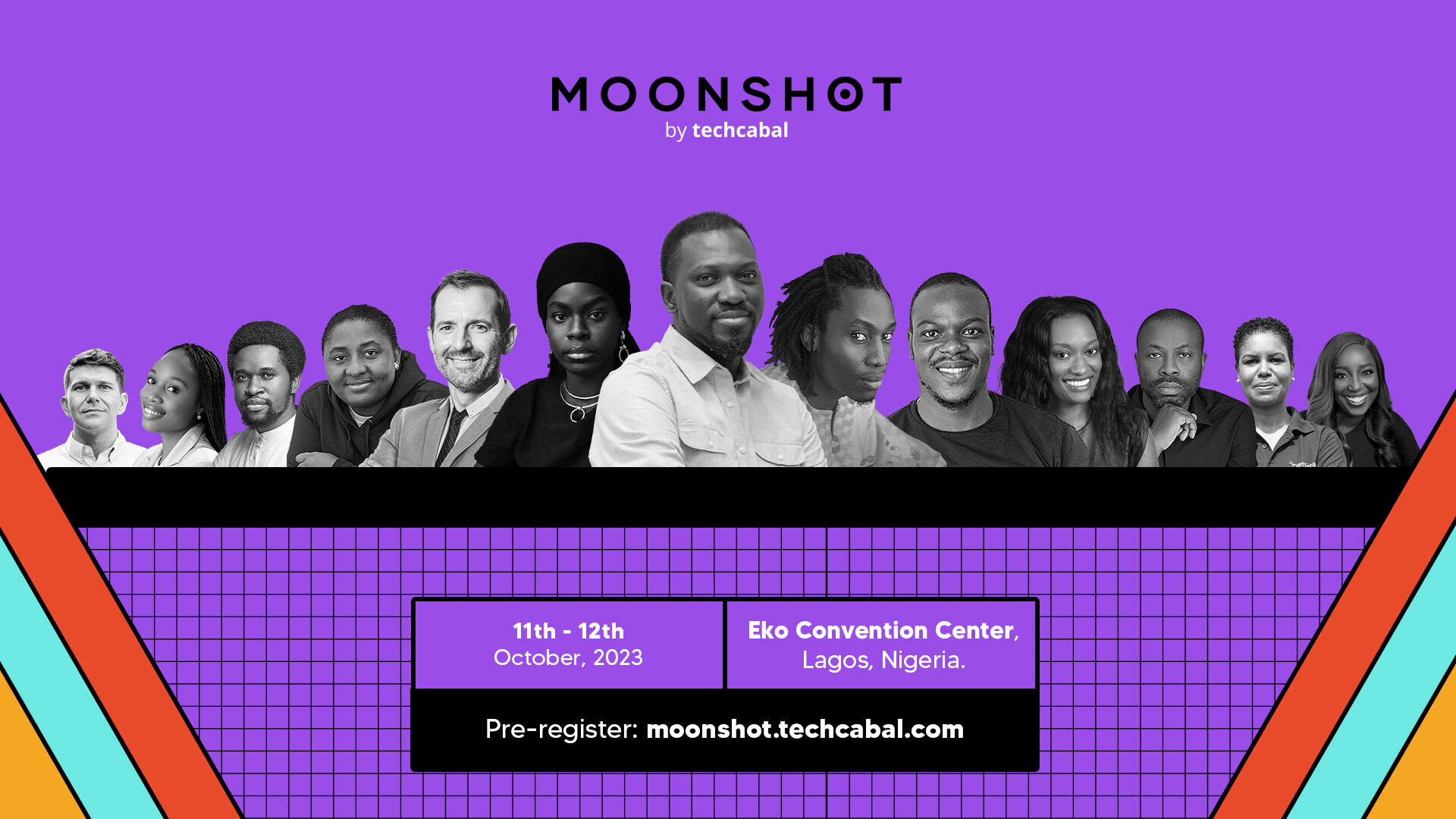Moonshot by TechCabal is the conference that will bring together Africa’s tech ecosystem in person to network, collaborate, share insights and celebrate innovation. Join us in Lagos on October 11 and 12. In this article built around the conference, Joseph Olaoluwa explains how founders are rethinking their fundraise strategies at pre-seed.
In today’s world of fundraising, one thing is apparent: pre-seed rounds are taking longer to close. This was the subject of a tweet Odunayo Eweniyi, co-founder of Piggyvest, made on microblogging app X, (formerly identified as Twitter) earlier this month. When asked to buttress her point further, she said, “Anecdotally $500K used to close in a matter of weeks. Just saw a (good) deal still open, it’s been months.”
Ope Onaboye, CEO of Renda, a logistics startup, says that investors are looking at the financial discipline of the founders and due diligence. For Onaboye, who is currently rounding off a pre-seed round for his startup, an understanding of unit economics is key. Onaboye said, for first-time founders, capital efficiency and cash flow is king, hence the supposed difficulty in these raises.
“First-time founders are used to the fact that ‘I will come up with a product. I will raise money and hopefully, that money I am raising will be spent on marketing and hiring. I would not [have to] think about my cost of acquisition. I wouldn’t [have to] think about my customer lifetime value against the cost of acquisition. I will use the money to run campaigns and ask for more money,” Onaboye tells TechCabal on a call. But, he explains, it is no longer business as usual.
Like founders, like investors
Founders are not the only ones going through the funding challenge; the situation is not so rosy either for investors raising funds from limited partners’ (LPs). Raising money is hard, so it’s only natural to require 10x returns from startups when these rounds are completed, especially in a space where VC funding fell to $961 million in Q2 2023, from $1.26 billion in Q2 2022, per this TechCabal Insights report.
Marketing director of ride-sharing app, MyCoPilot, Emmanuel Nwanja, tells TechCabal that though the mobility startup is still bootstrapping, it is already receiving investors interest. “Not everyone that gives you money is fit for your vision,” he says. In a world where investors are seeking 10x returns of their cheques to a startup, Nwanja believes bootstrapping is preferred, when you have enough resources to sustain your growth and retain control.
As an early-stage startup, MyCoPilot is one of the ride-sharing startups seeking to take the market share from Uber and Bolt. Its model involves connecting Nigerians travelling or commuting to car owners, thereby effectively sharing rides. Only in its second month, Nwanja reveals that they have over 3,000 users and are seeking to expand operations across Nigeria. The big question is, how does an early-stage startup depend on bootstrapping alone to actually meet potential and future users’ needs?
Sooner or later, MyCoPilot would have to go to the market seeking investments or VC funding. Nwanja says the team is very careful and doesn’t want to be under pressure to return higher yields to an investor.
Onaboye strongly believes no pre-seed startup can escape the now-increased scrutiny associated with raising pre-seed funds. According to him, lots of things were asked of him during his pre-seed raise, even down to personal references and past activities.
Onaboye is not a new founder. Renda is his third business, but he tells TechCabal that he still went through the process of landing investors. That process consisted of over 30 pitch decks and closed 6 investors—all VCs, no angels. “It was a learning curve for me because I have never raised funds prior. My previous business has had to operate without raises. It can only be easier for a founder who has built a million-dollar business previously,” Onaboye says about his own experience.
Rethinking funding
For Onaboye, first-time founders need to rethink their business models to move from revenue making to profitability. According to him, it has not been easy for African VCs to raise funds. He attributes this story to the fact that there are few tech startups success stories on the continent. After the unicorns of Flutterwave, Paystack, Moniepoint and Wave, how many other success stories are there, and how many tech startups make it to Series B? he wonders. With a nascent tech ecosystem in Africa and Nigeria, Onaboye explains that this is why the pre-seed journey can be tricky. Nwanja also expressed worry that there are not so many African VCs taking a bet on tech startups. And the very few ones that do look to the fintech sector. Aaron Fu, an investor at DCG Expeditions, is bullish on fintech. He strongly believes that payments is the bedrock of any successful financial ecosystem.
Building a business vs raising funds
Ultimately, there is a difference between building a business and raising funds. Being a great founder doesn’t mean one knows how to raise capital. At the heart of raising capital is the act of storytelling, and not many founders can tell their stories well. “Raising funds is like sales. It is selling yourself and your business. So you must know how to sell your story to investors. Sell the big picture of where you are going so investors can know what they are buying into,” Onaboye says.
Did you enjoy this article? Then click this link to register for Moonshot and check out our fast-growing list of speakers coming to the conference!


















